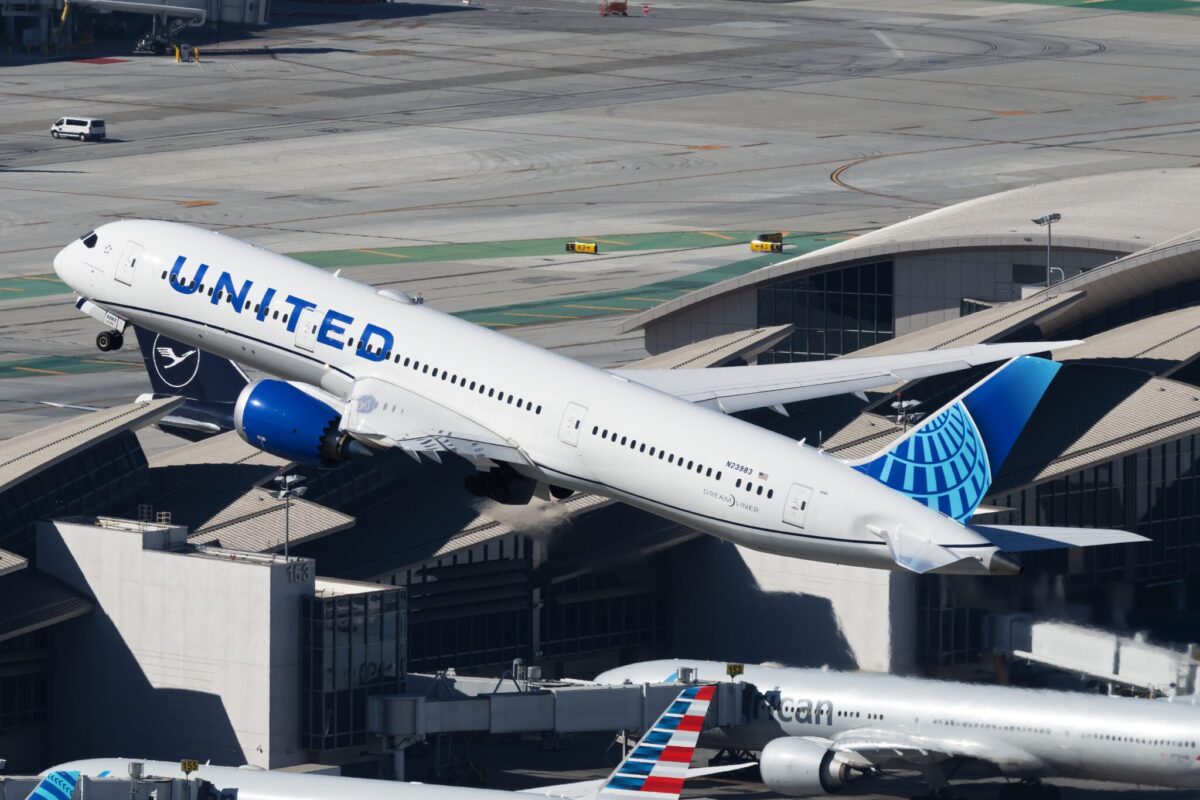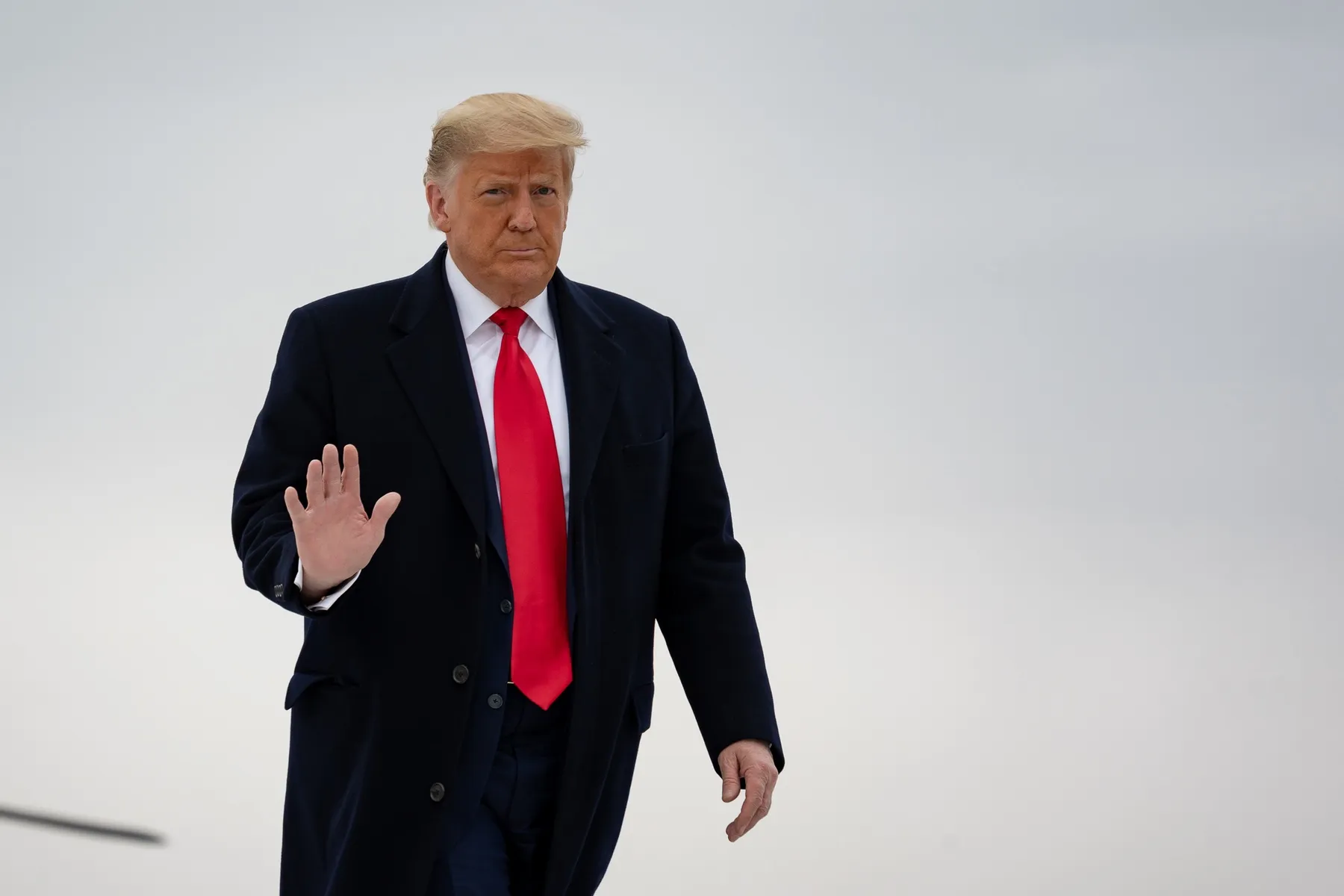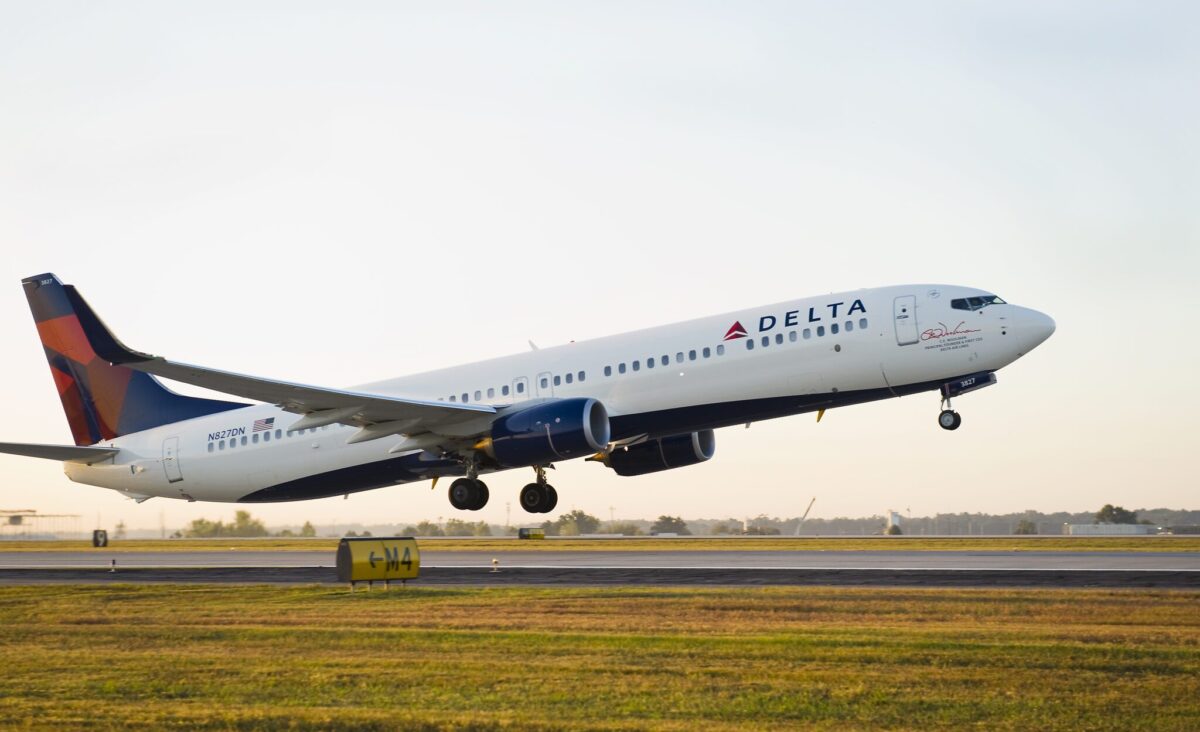Embattled Delta CEO Refuses to Condemn Georgia Elections Law, Defends Earlier Statements

Skift Take
Delta Air Lines CEO Ed Bastian has not been shy in weighing in on social matters, from supporting gun control to solidarity with last year's nationwide protests for racial justice. This made the carrier's tepid comment on a new incendiary Georgia elections law all the more puzzling since it's been called outright voter suppression.
This, coming as the Atlanta-based airline faced growing pressure to denounce the law, or face a boycott.
In response to employee blowback for the tepid public response, Bastian on Tuesday released an internal video to defend Delta's position and his comparative silence. His basic premise was that the company sought to shape the legislation behind the scenes and not fight the battle in the media. He noted that with a Republican-controlled state legislature, there was no way for any company or group of companies to get lawmakers to completely quash the bill.
"I know that many of you are disappointed, frustrated, and angry that we did not take a stronger public stand against specific measures in this bill," Bastian told employees. "Unfortunately, the reality is that would have made it much harder to shape the legislation at all, and we would have lost a seat at the table."
Voting rights activist Stacy Abrams has called the new law "Jim Crow in a suit and tie," as she and other critics say the law hinders minority access to the polls, much as the Jim Crow laws in the South before the passage of the 1965 Voting Rights Act essentially barred minorities from voting. Among the new Georgia law's more sensational provisions is one that prevents volunteers from providing food and water to people waiting in line to vote, along with provisions that allow the state legislature to take control of local boards of elections.
The law was rushed through the Republican-controlled state legislature in response to former President Donald Trump's baseless claims that his defeat last November had been due to widespread voter fraud. Three audits of last November's election results found no material voter fraud and upheld the state's election of now-President Joseph Biden, a Democrat, and two Democratic senators, Raphael Warnock and Jon Ossoff. Republican Governor Brian Kemp signed the bill into law earlier this week.
In a widely criticized statement last Friday, Delta said it believes "full and equal access to voting is a fundamental right for all citizens," but also appeared, to critics, to support some elements of the law. "The legislation signed this week improved considerably during the legislative process, and expands weekend voting, codifies Sunday voting and protects a voter’s ability to cast an absentee ballot without providing a reason," the statement said.
Voting rights activists were aghast and promptly called for a boycott of Delta, Coca-Cola, Home Depot, and other Georgia-based companies that did not forcefully and publicly condemn the law.
In fact, versions of the original bill contained provisions that would have ended Sunday voting — popular with Black churches during what are known as "Souls to the Polls" voting drives — and no-excuse absentee voting, which had been temporarily permitted in response to the Covid pandemic. The final law does allow Sunday voting and expands weekend — Saturday — voting as well as making permanent no-excuse absentee ballots. However, voting rights experts point out that despite those positive elements of the law, the overall effect of the legislation would hinder minority access to the polls and could allow the state legislature to nullify election results it doesn't approve of.
Several Georgia-based companies, including Coca-Cola, Home Depot, UPS, and organizations like the Metro Atlanta Chamber of Commerce lobbied state lawmakers to remove or soften some of the more controversial measures in the original legislation, a source close to the talks said. But, echoing what Bastian said in the video, the reality was Republican lawmakers would not back away from the bill altogether.
Bastian said Delta worked to get "many of the worst elements" of the bill out of the final legislation. "There are still many elements of the bill that are troubling," he said. "And there continues to be work ahead in this important effort."
The law, Bastian was sure to note, sprang from allegations of voter fraud "we know never existed."
The Georgia law already is being challenged in court, and the state has faced wide opprobrium since its enactment. Biden recently called the law "sick" and "un-American" and said it made Jim Crow look like "Jim Eagle." The U.S. House of Representatives recently passed on party lines a wide-ranging voter protection bill that would supersede some parts of the Georgia law. Senate Majority Leader Chuck Schumer (D-N.Y.) has promised action on the bill, but it is unlikely to get the 60 votes needed to overcome an almost-certain Republican filibuster. Schumer has hinted that the filibuster rules may be changed to pass the bill with a simple majority.
— Skift airlines reporter Edward Russell contributed to this report.




